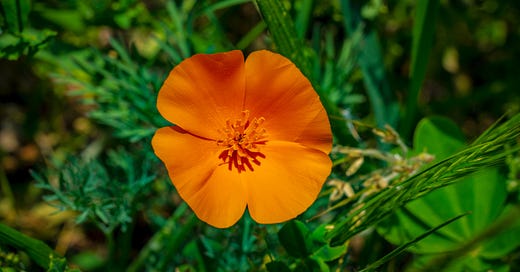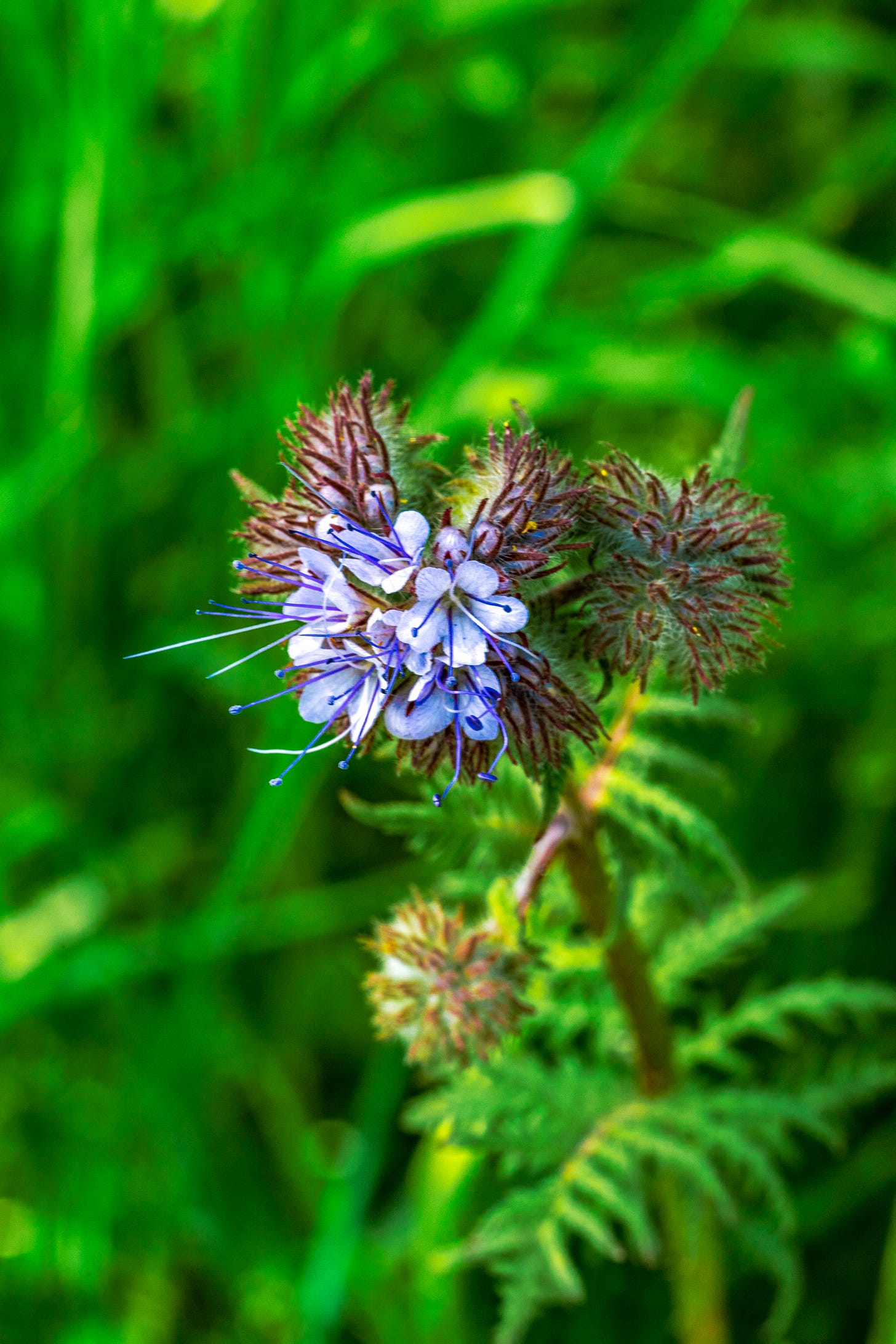When it came time to replace the landscaping in front of our Napa home, California was in drought conditions. We had long ago replaced our lawn with decomposed granite, so the project at hand was to replace plants and shrubs that had outlived their usefulness.
We decided we wanted to use California native plants as much as possible as we felt this was the environmentally correct thing to do. California native plants are those that are indigenous to our region. They have evolved to thrive in our climate and have not been hybridized with non-native plants. They were here before the Europeans arrived.
Native plants have many advantages over non-natives. They do not need fertilizers since they are well-adapted to the region. They require fewer or no pesticides since they are naturally resistant to local garden pests. Native plants are more drought-tolerant as they have adapted to the region’s typical rain patterns.
As a supporter of native plants, I was glad to learn that Assembly Bill 1573 passed the State Assembly in May. Known as the Water Conservation in Landscaping Act, the bill was authored by Assemblymember Laura Friedman (D-Burbank) and sponsored by the California Native Plant Society. The goal of the bill is to replace non-functional turf with water-conserving California native plants.
Non-functional turf is turf that is solely ornamental and not regularly used for recreation or for civic or community events. Included in the bill are new and renovated commercial and industrial areas as well as public-works projects. Home lawns are excluded from this bill.
Upon passage by the Assembly, Friedman said, “Landscaping has so much potential to support California’s important goals to conserve water, support biodiversity and connect people to nature.”
In June the bill was amended by the California Senate. The bill now requires the Department of Water Resources to convene a working group of stakeholders with expertise in native plants. The group’s task is to develop a strategic plan to reach a requirement by 2035 that all new and renovated non-residential areas install no fewer than 75% native plants. The long timeline would presumably allow wholesale growers time to build up native-plant inventory.
As might be expected, not everyone supports this idea. Alex Simmons, associate director for Plant California Alliance, an organization that represents California’s nursery industry, wrote an editorial for Morning Ag Clips stating, “the focus of AB 1573 should be on water conservation, not native plants.”
Simmons’ editorial voices the nursery industry’s concerns that the requirement to use largely native plants is too restrictive and that there will not be enough native plants to meet the requirement. He notes that the California Native Plant Society’s database includes 7,982 native plants, of which 1,644 are considered to have low water needs. Of these low-water plants only 466 are considered commonly available. Simmons adds that some non-native plants conserve water as well as native plants.
Change always brings challenges. If AB 1573 is enacted and you own non-residential property, your challenge will be to comply. If you operate a native plant nursery, the challenge will be to produce enough plants to satisfy demand. If you are a native plant supporter, as I am, you want to see legislation enacted that will increase the use of California native plants to conserve water and support biodiversity.
Gardening with the masters: Join UC Master Gardeners for an educational gardening experience on Saturday, July 15, from 10 a.m. to noon at OLE Health South Campus, 300 Hartle Court, Napa. Children ages 5 and older are welcome if accompanied by an adult. Class size is limited. Register here
Workshop: Join UC Master Gardeners of Napa County for a workshop on “A Succulent/Dry Garden Is Dry, Not Drab, and Totally Fab!” on Saturday, July 29, from 10 a.m. to noon at Las Flores Learning Garden, 4300 Linda Vista Ave., Napa. Learn how to put amazing water-saving succulent plants to work in your home landscape. Register here
Library talk: Join UC Master Gardeners of Napa for “Smart Landscaping With Ornamental Vines” on Thursday, Aug. 3, from 7 to 8 p.m. via Zoom. Learn more about vine behavior, cultivation and control, and suggested species for Napa Valley. Register here to receive the Zoom link.
Help desk: The Master Gardener Help Desk is available to answer your garden questions on Mondays and Fridays from 10 a.m. until 1 p.m. at the University of California Cooperative Extension Office, 1710 Soscol Ave., Suite 4, Napa. Or send your questions to mastergardeners@countyofnapa.org. Include your name, address, phone number and a brief description of the problem. For best results, attach a photo of the plant. You may also leave a voicemail message with the same information at 707-253-4143.
David Layland is a UC Master Gardener of Napa County.






